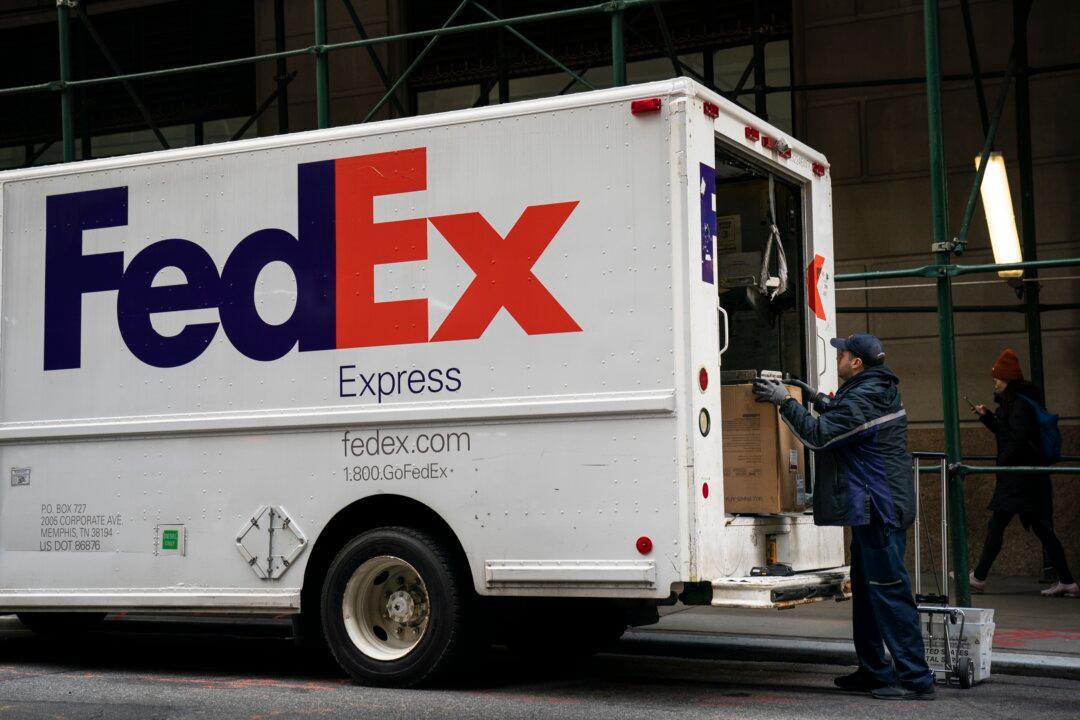Several days after Chinese telecom giant Huawei accused U.S.-based delivery company FedEx of diverting its packages from their intended Asia destinations to the United States, Beijing said June 1 that it would conduct an investigation of the courier.
It’s the latest move by Beijing to retaliate against the United States amid escalating trade tensions.





